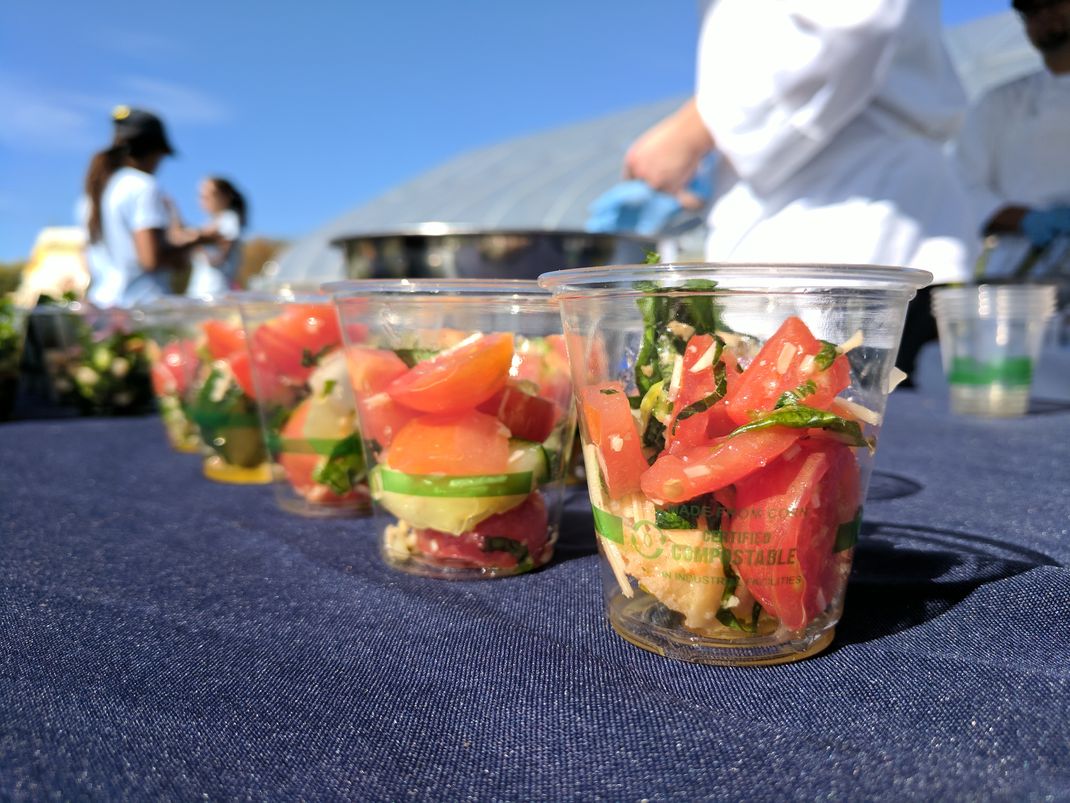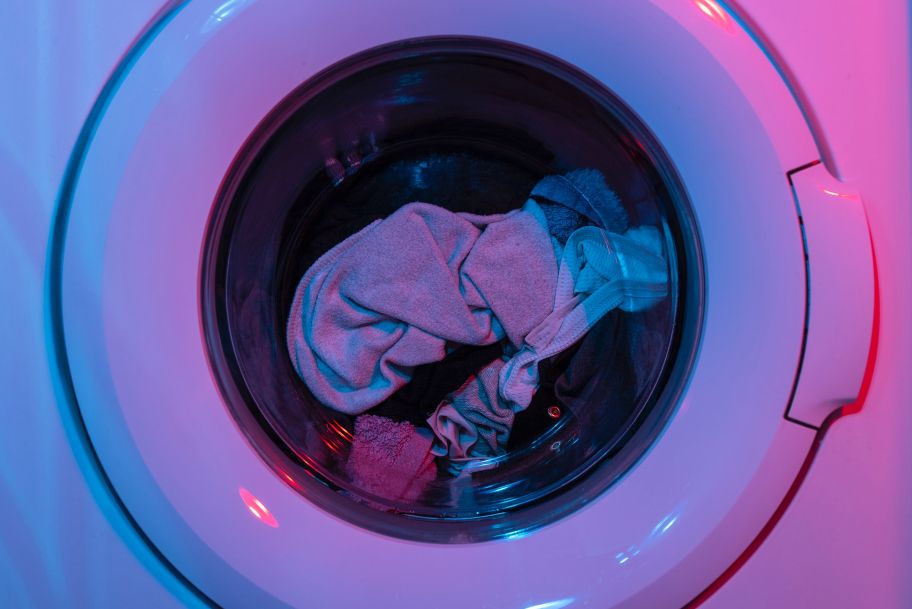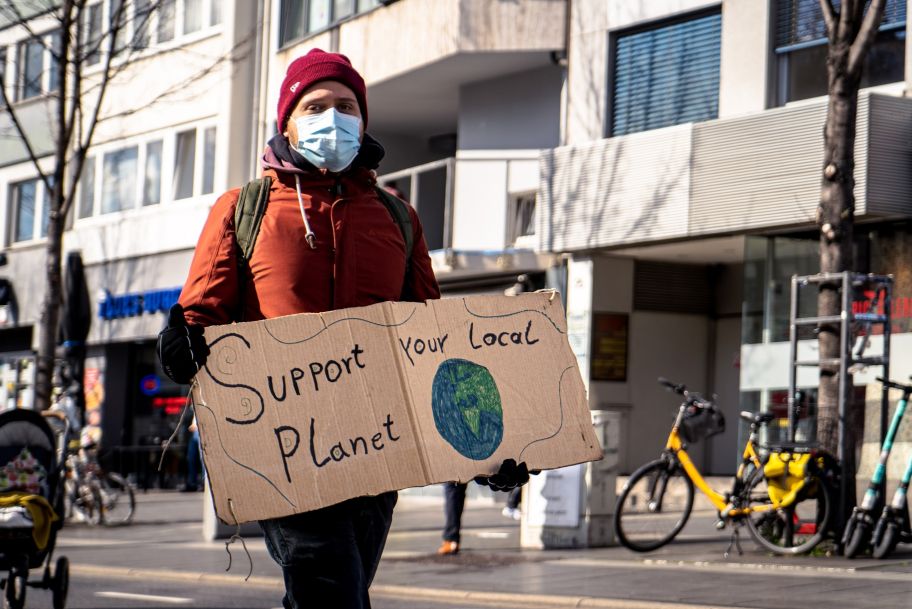Goals in Action
Want to play your part to create a more sustainable campus and world? Below are some ideas for how you can contribute — starting today. Remember: while no one can do everything sustainably, everyone can do something!

Reduce Greenhouse Gas Emissions


-
Enable energy-saving settings on your computer
This is a quick and easy way to save energy. U-M's ITS department recommends setting your screen to turn off after 15 minutes or less and for your system to enter standby or sleep mode after 30 minutes or less.
-
Switch to LED bulbs
Switch to LED bulbs. LEDs can use 80% less energy than traditional incandescents, saving you money, and can last 3-25 times longer.
-
Rent a KILL-A-WATT meter
Rent a KILL-A-WATT meter from the U-M Libraries to find out how much energy your phone charger, laptop, or coffee maker is using.
-
Walk or bike around campus
Walk or bike around campus to reduce your greenhouse gas emissions there are over 8,500 bike parking spaces on campus! Didn't bring a bike to campus? You can rent one from Adventure Leadership.
-
Ride the bus
Students, staff, and faculty can all ride U-M blue buses and AAATA transportation for free. Download the Magic Bus app to see live tracking for all U-M buses.
-
Keep your car tires properly inflated
Under-inflated tires lower your vehicle's fuel efficiency and increase your greenhouse gas emissions. Check your tire pressure once a month, and inflate your tires as needed to save on gas costs.

Reduce Waste

-
Know where to throw
Watch this short video on how to dispose of your waste properly at U-M, and help others know what types of waste go into each type of bin.
-
Make your events zero waste
Any event on campus with food can request free tableware (plates, cups, utensils), compost collection boxes, and signage from the Office of Campus Sustainability.
-
Use a reusable water bottle
Americans purchase about 50 billion water bottles each year, which is about 156 bottles per person. Reduce your plastic waste by investing in a reusable bottle you can always have on hand.
-
Use reusable period products
The Sustainable Period Project aims to promote menstrual health and decrease the financial and environmental burden on students, faculty and staff. Free menstrual cups, sustainable underwear and pads are available at Maize and Blue Cupboard and University Health Service.

Eat Sustainably

-
Eat plant-based foods
U-M research has shown that moderate shifts away from red meat can lead to significant improvements in both human health and our diet’s carbon footprint.
-
Talk with a farmer
There is no better way to learn about growing food than by talking with a farmer. Visit a local farmers market or even the U-M Campus Farm to learn more about what you eat.
-
Eat seasonally.
Eat seasonally. Michigan is the second most agriculturally diverse state in the country. Since we can grow such a great variety of foods here, we should eat them here too!

Protect the Huron River

-
Take 5 minute or shorter showers
Short showers reduce the amount of water used and the amount of energy used to heat that water.
-
Only wash laundry in full loads
To save water, wait until you have a full load of laundry to run your washing machine. Also, whenever possible, wash your laundry in cold water to save energy.
-
Calculate your water footprint
A water footprint estimates the amount of water you directly consume as well as the water used to produce the goods and services you use. Visit watercalculator.org to determine your footprint and see water reduction tips.

Learn More and Teach Others

-
Attend Earthfest, U-M’s big sustainability fair on the Diag
Stop by to browse dozens of booths and learn how you can get involved in sustainability on campus and beyond.
-
Promote sustainable behavior
Encourage your friends and coworkers to think and act more sustainably. Lead by example, and help them figure out how they can contribute by sharing these tips with them!
-
Become a Planet Blue Ambassador
If you liked these tips and are interested in learning more, take the Planet Blue Ambassador training to learn about U-M’s campus sustainability goals and more ways you can help out.